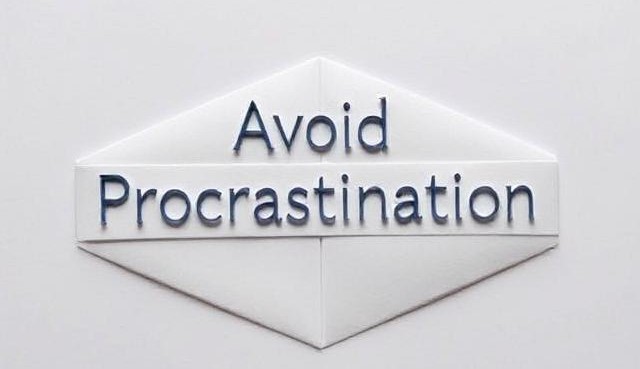
In today’s fast-paced world, managing finances can often feel overwhelming. The continuous influx of advertisements, the pressures of social media, and the complexities of modern banking can leave individuals feeling out of control. However, taking charge of your money is not just about making ends meet; it’s about empowering yourself in order to achieve your financial goals and create a secure future. Here’s a comprehensive guide on how to take control of your money:
1. Assess Your Current Financial Situation
Before making any changes, it’s essential to understand where you currently stand. Begin by:
- Listing Your Income: Document all sources of income, including salaries, freelance payments, or any side jobs.
- Tracking Your Expenses: Monitor your spending for at least a month to get a clear picture of where your money goes. Consider using apps or simple spreadsheets to categorize expenses such as housing, groceries, entertainment, and savings.
- Evaluating Your Debts: Make a list of all debts, including credit cards, loans, and mortgages, along with interest rates and due dates.
2. Create a Budget
A budget is a fundamental tool for financial management because it helps you allocate resources to different areas of your life:
- Choose a Budgeting Method: Popular methods include the 50/30/20 rule (50% needs, 30% wants, 20% savings/debt repayment), zero-based budgeting, or the envelope system (cash for specific categories).
- Set Realistic Goals: Create short-term and long-term financial goals. Short-term goals might include saving for a vacation, while long-term goals could involve building an emergency fund or saving for retirement.
- Adjust When Necessary: Life changes, and so can your budget. Regularly review and tweak your budget to reflect new situations, whether due to changes in income, unexpected expenses, or shifts in financial priorities.
3. Build an Emergency Fund
An emergency fund is a financial safety net that can cover unexpected expenses such as medical bills or car repairs. Aim for at least three to six months’ worth of living expenses. To build this fund:
- Start Small: If saving several months of expenses feels daunting, start with a smaller goal, like saving 1000.
- Automate Your Savings: Set up automatic transfers from your checking to your savings account each month in order to make saving effortless.
- Keep It Accessible: While it should be separate from your regular spending account, ensure the funds are easily accessible in case of an emergency.
4. Educate Yourself
Financial literacy is crucial in taking control of your money. Invest time in educating yourself through various resources:
- Books: There are many excellent books on personal finance. Titles like “Rich Dad Poor Dad” by Robert Kiyosaki and “The Total Money Makeover” by Dave Ramsey offer valuable insights.
- Online Courses and Workshops: Many organizations and platforms offer free or affordable financial education courses.
- Podcasts and Blogs: Tune in to finance-related podcasts or read blogs focused on personal finance, investment strategies, and money management techniques.
5. Plan for Your Future
Taking control of your money also means planning for the future:
- Invest Wisely: Start investing early to benefit from compounding interest. Consider retirement accounts and educate yourself on stocks, bonds, and mutual funds.
- Set Clear Financial Goals: Define what you want your financial future to look like. This might include buying a home, funding education for yourself or your children, or achieving financial independence.
- Review and Adjust Your Plan: Your financial needs and goals will evolve. Therefore, regularly revisit your financial plan and adjust as necessary.
In order to take control of your money you require discipline, education, and a proactive approach. By assessing your current situation, creating a budget, building an emergency fund, managing debt, and planning for the future, you can achieve financial stability and peace of mind. Remember, the journey to financial freedom is a marathon, not a sprint—patience and persistence will lead you to your goals. Start today, and empower yourself to take charge of your financial destiny!









